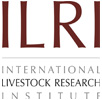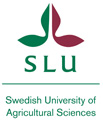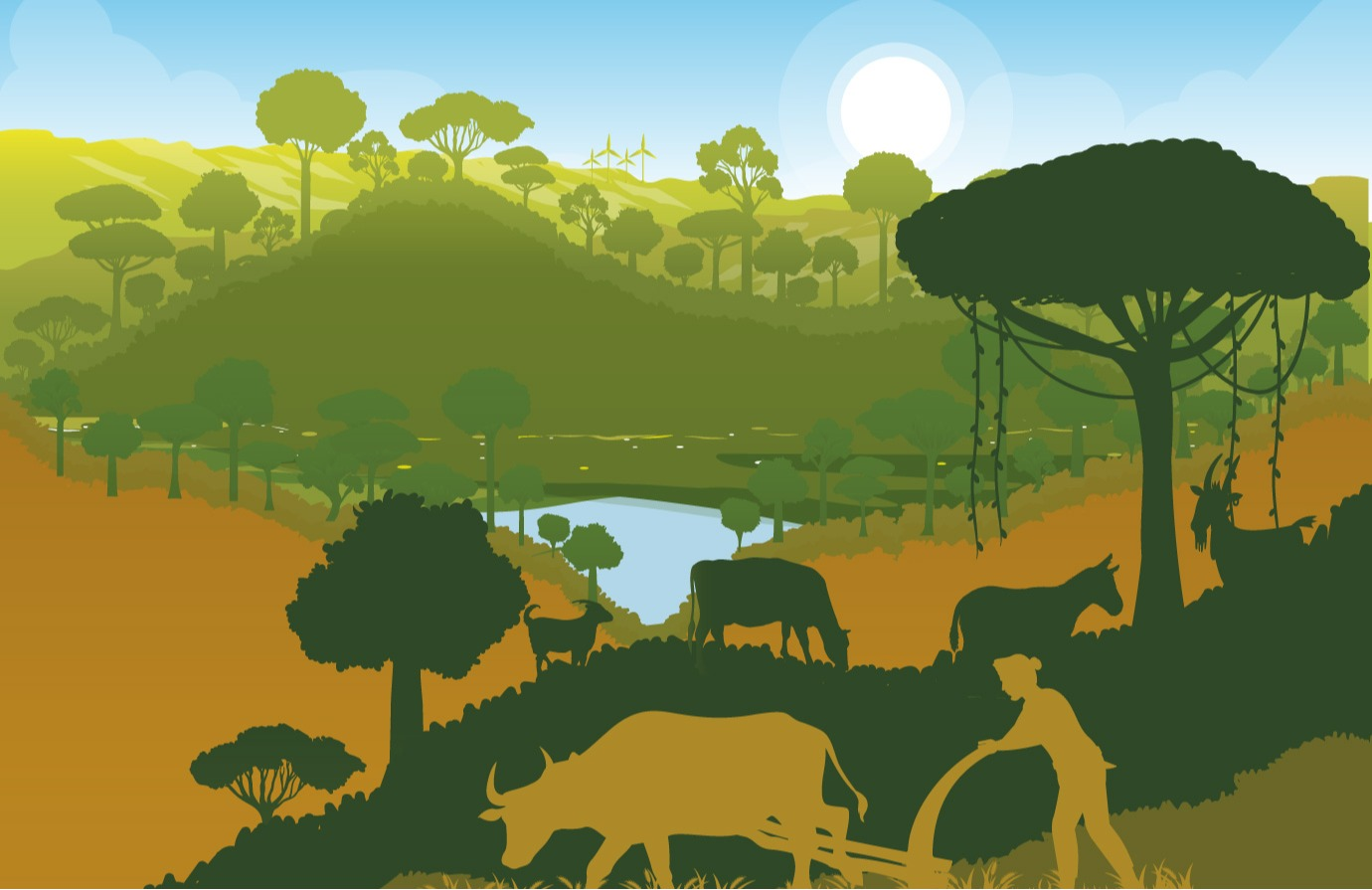Partners

















This course seeks to build the competencies needed for program and project managers, field practitioners and policy makers to apply a transformational sustainability approach to decision-making in the management of dryland forests and agrosilvopastoral production systems.





This e-learning course seeks to build the competencies needed to apply a transformational approach to sustainability in dryland forests and agrosilvopastoral systems. Primarily, this course targets:
The course consists of 5 lessons, of approximately 35-50 minutes duration each:
The online version of this course runs on the latest versions of the major browsers, such as Chrome, Safari, Edge and Firefox.
The downloadable version only runs on Windows PC’s and no additional software is needed.
This course offers certification. You will get your digital badge upon passing a final exam after completing the course and achieving a grade of at least 75%. Please click on the button below to complete the exam, or refer to our Certification section to learn more.
We would be pleased to receive your evaluation of this course, to support us in improving future e-learning courses. Please click on the button below to answer the questions in the form. It should only take you a few minutes!















